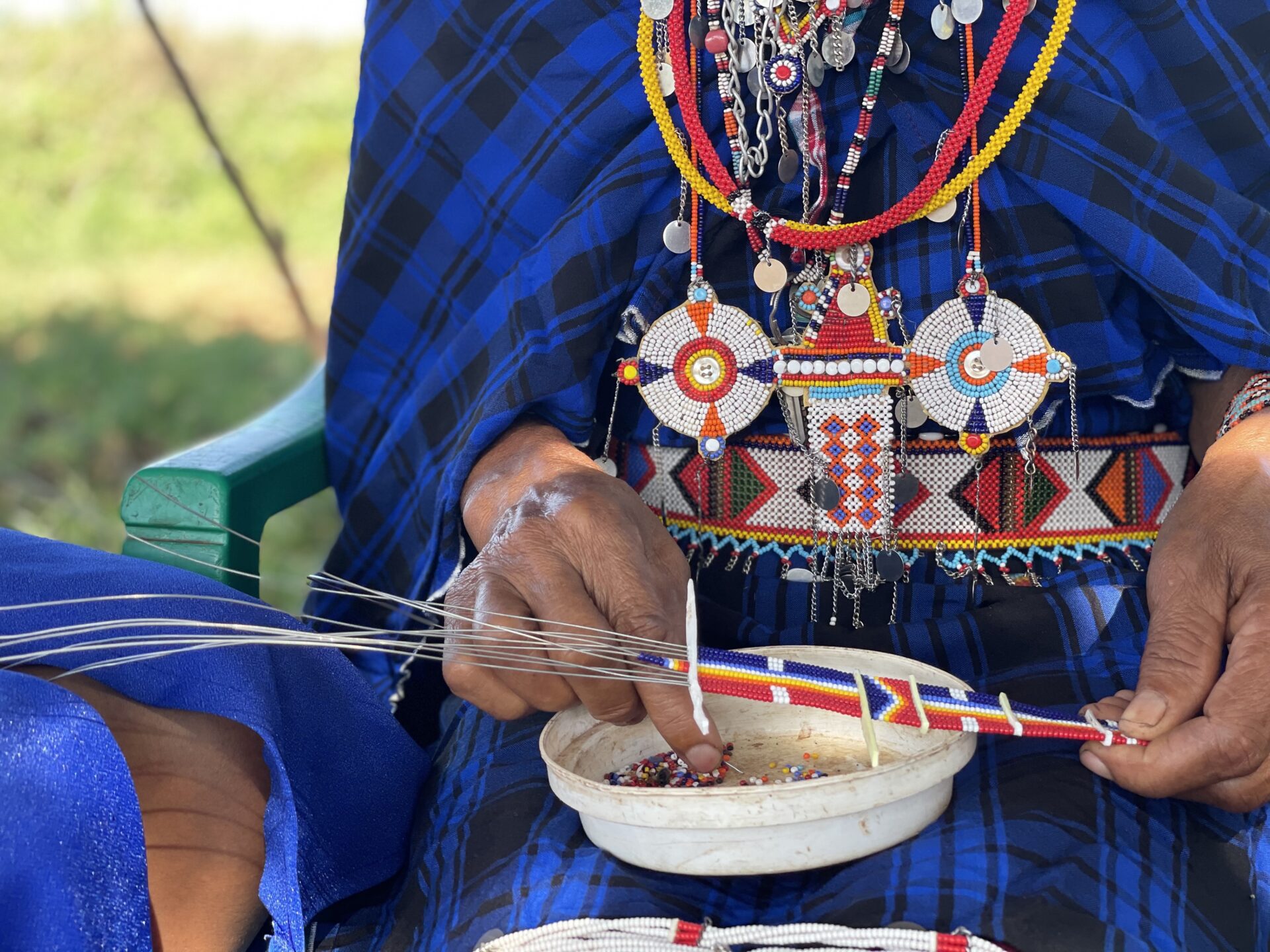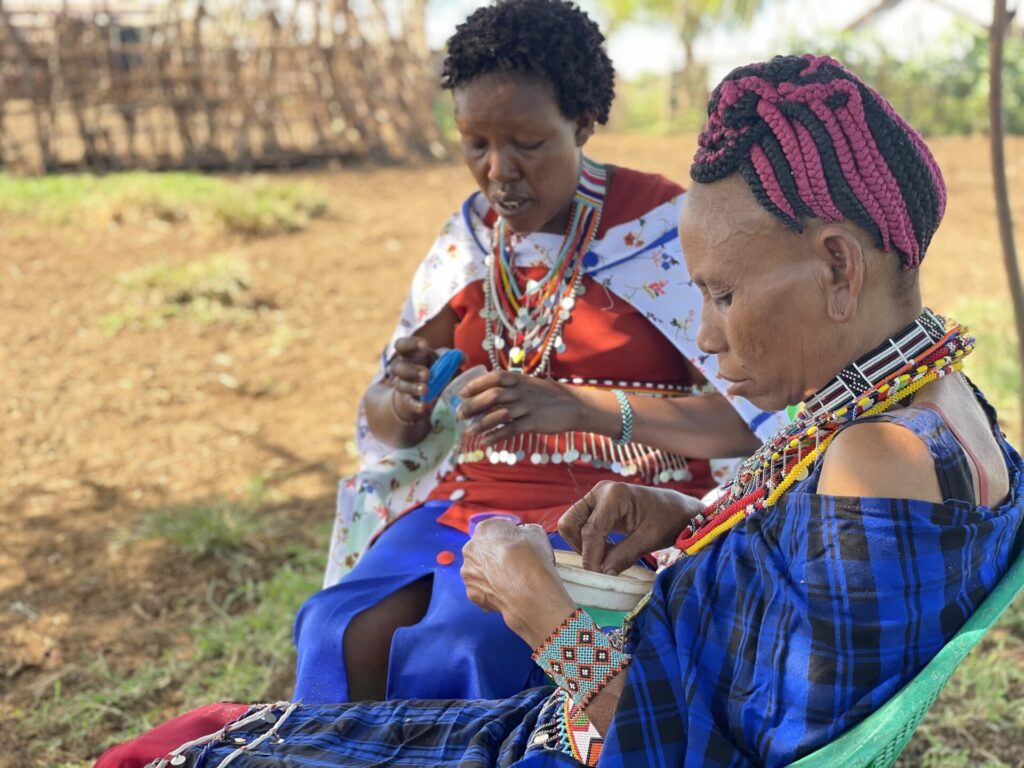The Ushanga Kenya project empowers over 3,200 Maasai women through beadwork. This initiative fosters economic growth and sustainable livelihoods by enhancing skills and marketing Ushanga jewelry. With resource centers across the ranches, collaboration between Chyulu Hills REDD+ Project and Ushanga Kenya aims to bring these creations to national and international markets, directly benefiting the female artisans.


Ushanga Kenya Initiative Revives Traditional Beadwork Market in Chyulu Hills. In the heart of the Chyulu Hills, a transformative initiative is taking root: the Ushanga Kenya project. It’s a story of over 3,200 women living in the Kuku A & B, Rombo, and Mbirikani group ranches in the Chyulu Hills REDD+ Project zone in Kenya, reclaiming their heritage and economic independence through the timeless craft of Maasai beadwork.
This initiative centers on enhancing skills and marketing Ushanga jewelry to promote economic growth and sustainable livelihoods for Maasai women. Resource centers are under construction in strategic locations across the four group ranches, facilitating training, beadwork, and retail sales. This collaborative effort between the Chyulu Hills Conservation Trust (CHCT) and Ushanga Kenya aims to tap into the national market by barcoding each piece of beaded jewelry for sale at both national and international levels, with profits directly benefiting the women artisans.

Until recently, the intricate beadwork—a generational skill passed from mother to daughter in Maasai culture—lacked access to a market. Purity Terian, a resident of Kuku Group Ranch, expressed the impact of this challenge, stating, “We sit under the shade to make beaded jewelry to gift our friends or give to them to the Maasai morans (a young male warrior in the Maasai community of East Africa) for decoration due to the lack of market.”
The absence of a market not only obstructs the economic advancement of Maasai women but also perpetuates cycles of poverty and dependency within the community. It deprives them of the means to invest in education, healthcare, and other essential resources that could uplift their families and future generations. To address this issue, the project is establishing resource centers, and the women are currently in the process of registering cooperatives (the formal establishment of group organizations through legal recognition by relevant government authorities) for administrative purposes. These cooperatives will provide women with a platform to collectively market their beadwork, access financial services, and acquire entrepreneurial skills, thereby empowering them and providing them with an opportunity to secure a sustainable livelihood.
